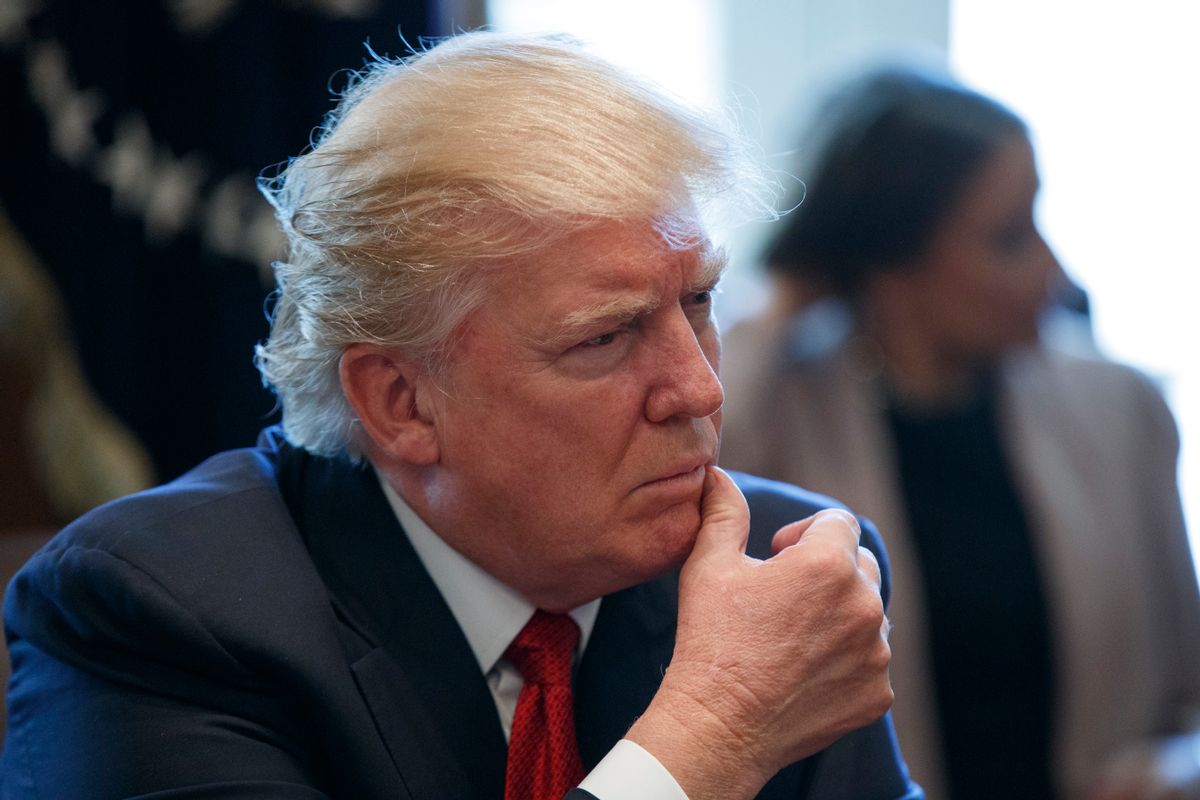President Donald Trump's former national security adviser has seemed to change his mind about what the implications are about immunity. After it was revealed that Michael Flynn was seeking immunity to testify before Congress on what he knew about Russia's links to Trump and the country's role in the 2016 presidential election, Trump jumped to the defense of his former adviser — who resigned after it was revealed he had misled Vice President Mike Pence and other White House officials.
But candidate Donald Trump held a different belief about immunity — that it was a sign of guilt. During the campaign, Trump spoke of immunity granted to Hillary Clinton's former staffers at the Department of State — as part of an investigation that did not lead to criminal charges being filed against the 2016 Democratic presidential nominee — making it seem like people were dishing out dirt on Clinton, and that she would eventually be brought down by her former advisers.
Immunity was also something Donald Trump used to hammer his opponent. On many occasions, he labeled Hillary Clinton a criminal.
And yet in President Trump's mind, the story should not be about involvement in our election by a country with which the U.S. has an adversarial relationship. He apparently believes the media should still be focused on Clinton: on her perceived failings as secretary of state, as a presidential candidate and as a person in general. He's expressed these beliefs in a number of tweets since he took office two months ago.



Shares